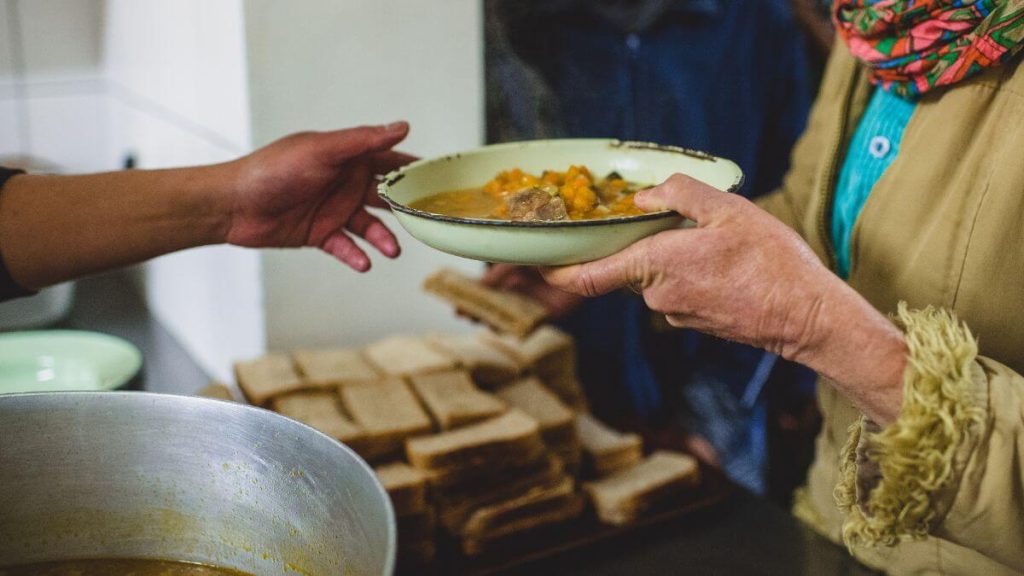As South Africa grapples with escalating food prices, high unemployment, and economic instability, food insecurity remains a pressing issue for many individuals and families. For those in need, community kitchens, soup kitchens, and food banks offer vital support.
This guide provides a comprehensive list of verified and active food distribution points across South Africa for the week of 5–12 October 2025, including operating hours, contact information, and the types of assistance offered.
What You Need to Receive Food from Community Kitchens and Food Banks
To make the process smooth and ensure that help reaches those who truly need it, most organisations have certain requirements. Here’s what you should know:
1. Identification
Most food banks and community kitchens ask for a form of identification.
Acceptable IDs often include:
South African ID book or smart ID card
Passport (for non-citizens legally residing in South Africa)
Student card (for students seeking temporary support)
SASSA card (for social grant recipients)
2. Proof of Residence
Some organisations may require proof that you live in a specific community or township.
Accepted forms usually include:
Utility bills (electricity, water, or municipal rates)
Lease agreement or rental receipt
Letter from a community leader or ward councillor
3. Household Details
Many feeding schemes need to know the number of people in your household, especially when distributing food parcels.
This helps them ensure fair and adequate distribution of resources.
4. Registration (if required)
Some food banks or NGOs require you to register as a beneficiary before receiving food regularly.
Registration can usually be done in person or online and may include filling out a short form with your contact and household details.
5. Respecting Guidelines
Organisations may have rules about collection times, number of parcels per household, or behavior while at the distribution site.
Following these guidelines ensures that resources are distributed fairly and efficiently.
6. Special Considerations
Students or temporary residents: Bring proof of enrollment or temporary residence if you live in a student residence or hostel.
Elderly or disabled individuals: Some NGOs offer priority or home delivery services for those who cannot travel easily.
Children or infants: Organisations providing baby formula or child-friendly meals may request proof of age or birth certificate.
7. Communication
Always contact the organisation beforehand if possible. Some food banks update availability and requirements on their websites, WhatsApp groups, or social media pages.
This prevents disappointment if a kitchen is closed or food parcels are already distributed.










